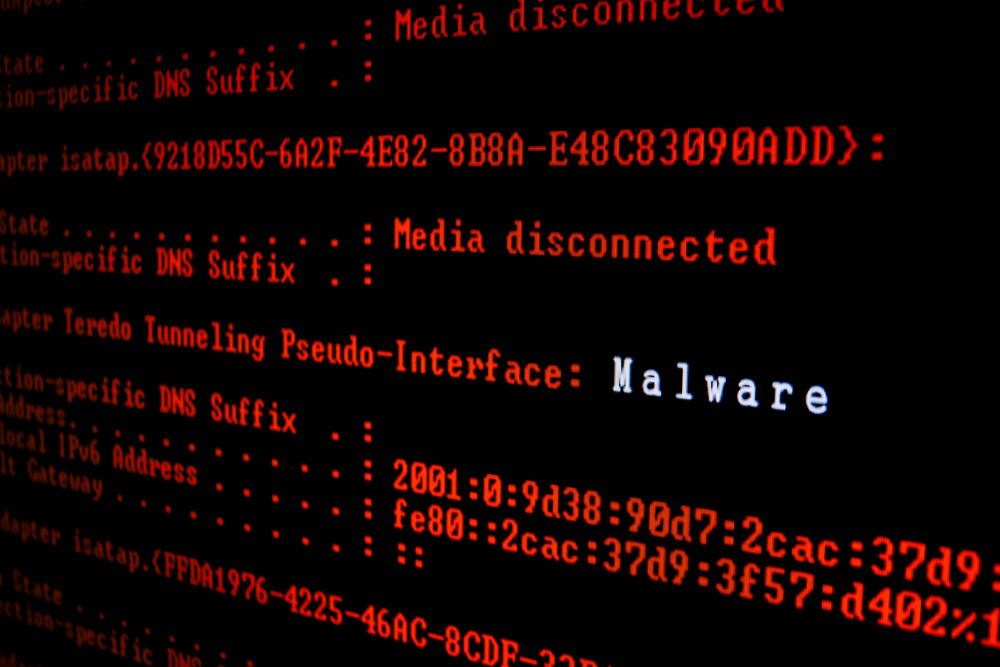Essential Insights into Cybersecurity Master's Degree Programs
Explore key aspects of cybersecurity master's programs, including top universities, curriculum features, career prospects, and online learning options. This guide helps aspiring cybersecurity professionals select the right course to advance their careers in this rapidly growing field.

Essential Insights into Cybersecurity Master's Degree Programs
Essential Insights into Cybersecurity Master's Degree Programs
Cybersecurity master's programs are tailored for specialists eager to advance in fields like network defense, cyber law enforcement, and systems security. As online activities and digital transactions surge, cybersecurity has become an essential career path. The demand for skilled cybersecurity professionals is rapidly increasing; in the U.S. alone, about 30,000 experts will be needed annually. This rise has led many universities to offer top-tier cybersecurity training, including flexible online options for remote learners.
notable institutions offer specialized cybersecurity programs, making it accessible for students everywhere:
Fordham University
Fordham has recently launched its Cybersecurity Master's program, providing comprehensive coursework alongside networking opportunities and career services. Bridge courses are available for students without extensive IT backgrounds. Taught by industry experts, the program offers hands-on lab exercises in dedicated cybersecurity research facilities. The curriculum includes 10 courses totaling 30 credits, with 4 core and 6 specialized subjects, emphasizing problem-solving skills to prepare graduates for future challenges.
Mercy College
Recognized nationally, Mercy College offers a 5-year M.S. in Cybersecurity designed in collaboration with federal agencies. This program targets students aiming for careers in government and law enforcement, focusing on risk assessment, research, and data privacy. Mercy College also supports talented and nontraditional students through scholarships, ensuring everyone has the opportunity to excel in cybersecurity. Prior knowledge of networks, cryptography, databases, and operating systems is recommended for applicants.
Stevens Institute of Technology
Admission requires a bachelor's degree with a minimum GPA of 3.0, along with official transcripts, recommendation letters, and competitive GRE or GMAT scores. Stevens stands out as one of the few universities offering master's degrees specifically in cybersecurity, with strong industry connections. Students have the unique chance to collaborate with over 500 cybersecurity firms and learn from expert faculty, perfect for problem-solvers and hacking enthusiasts. Graduates are equipped for roles like cybersecurity analyst, engineer, or penetration tester.
Career opportunities after completing a cybersecurity master's include:
Cybersecurity Specialist
Threat Analyst
Incident Response Expert
Information Systems Auditor
Vulnerability Management Lead
Security Engineer
If you have a passion for technology and security, pursuing a master's in cybersecurity can open diverse professional avenues.









